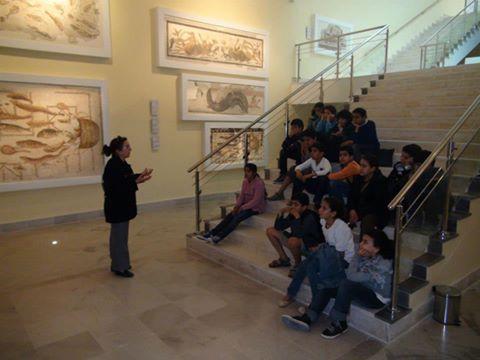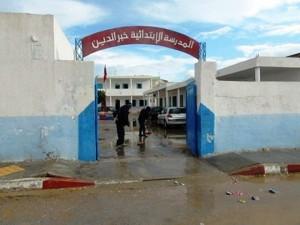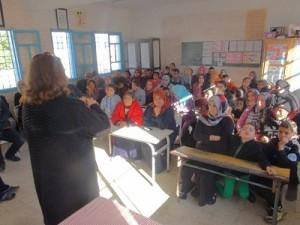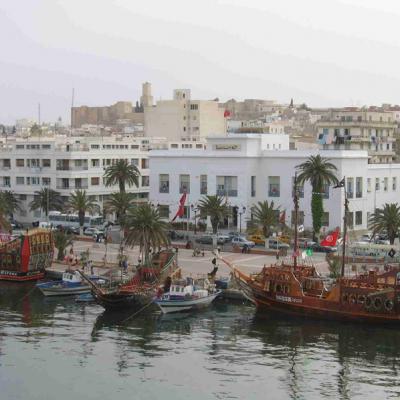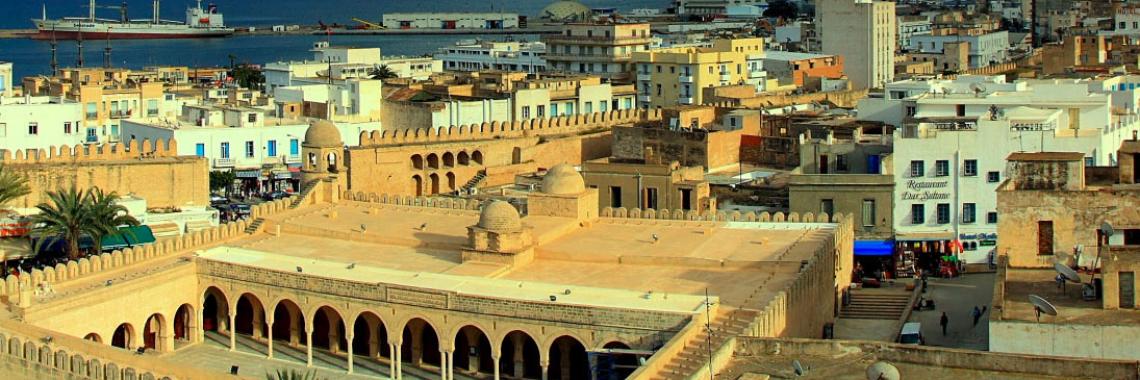
Regional Observatory on school dropouts
Background
This observatory is an initiative from the Ministry of Education, and other social and institutional actors from the Sousse region regarding the youth situation in Tunisia and the Sousse region in particular. In 2014, The National Youth Observatory published an alarming report (in french) on the youth situation in Tunisia: it presented a situation of distress, marginalization, attraction towards extremism, etc. This report highlighted the school dropout of 110,000 students from different academic establishments every year. One of the main concerns was the lack of support from state services. The creation of the Regional Sousse Observatory on school dropouts is the follow-up of a pilot project that took place in a Sousse school.
Mission
The mission of the Regional Sousse Observatory is to overcome the school dropout problem by developing a network of different contributors that work in the field. The objective is to help reinsert young dropouts in the educational system or professional apprenticeship.
The pilot project
A first study was performed during the 2014-2015 school year in a Kheireddine primary school. The establishment is located in an education priority zone in the city of Sousse. This pilot project was funded by the Medcities. The direction and other teachers identified some students who were facing academic difficulties. They were assigned a different class, after the regular school periods, to receive educational support and psychological support from specialists. Seven professionals (psychologists, educator, sociologist, etc.) assisted those students throughout the school year.
The pilot project’s results
At the end of the first semester, school officials noticed an improvement in results concerning those students in need. At the end of the second semester, they noted a greater improvement. This project had an impact on these students’ perception of learning. The teachers saw a change in their behaviour. These students became more interested and more motivated in class. Many associations got involved in this project to support the effort of those students. They brought improvements in the school environment (mural paintings, flowers and shrub planting, playgrounds for the students, etc.) The media coverage of this initiative helped to get the support of local civil society. In addition to the development of the Regional Observatory on school dropouts, the initiative led to the development of a national program on school dropouts.
The Observatory objectives
The general objectives include: the development of a program on school dropouts, a change in negative representations of professional apprenticeship by socially valuing the intrinsic routes, highlighting employability training and protection of youth against risks of marginalization.
The specific objectives include: the establishment of a preventive device on school dropouts, a social and psychological care of young students in difficulty, facilitating the access to vocational training or professional apprenticeship, and create a partnership with economic actors in the region.
Finally, the operational objectives include: the development of a network of different contributors in every school in the region, the use of tutoring for struggling students, to work in concert with the social services of different local actors for intervention in case of emergency at a school, and finally, the establishment of a procedure manual to avoid improvisation.
For the creation of this initiative, the Minister of Education is working with the following partners:
- The regional office of professional apprenticeship and employment.
- The regional Department of Social Affairs.
- The local authorities of Sousse.
- The University of Sousse.
- The Office of Academic Works of Sousse.
- The Regional Commission for the Family and Women.
- The Regional Commission for the Protection of Children.
- The Regional Commission for Youth.
- The Police Department.
- Professional organizations.
- Civil society.
